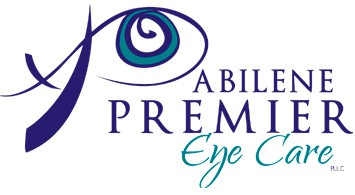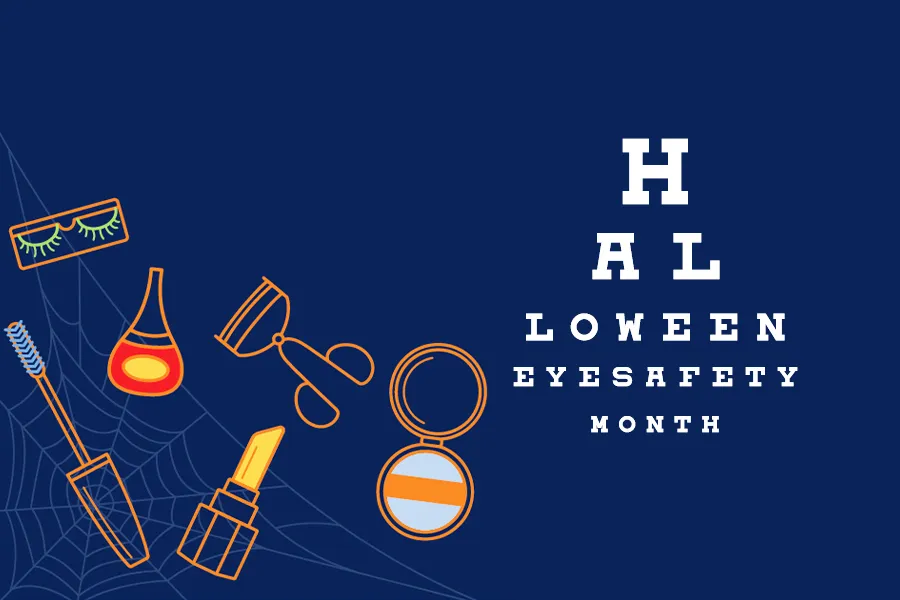Scare Up the Fun, Not the Scary Eye Infections this Halloween
If your Halloween plans include scary eyes, beware of costume contact lenses labeled “one size fits all” or “no need to see an eye doctor.” Costume lenses must be prescribed and fitted by an eye care professional, just like regular contact lenses. Otherwise, you may be haunted by an eye infection long after the fun of Halloween is over. The American Academy of Ophthalmology urges the public to only buy decorative contacts from retailers who require a prescription and sell FDA-approved products.
“Costume contact lenses may seem like the perfect, easy way to complete your spooky look. But the consequences of using costume lenses are much scarier than the zombie eye you may have been going for,” said Dianna Seldomridge, MD, clinical spokesperson for the American Academy of Ophthalmology.
Contact lenses that are not fitted for your eye can scratch the cornea, making the eye more vulnerable to infection-causing bacteria and viruses. Sometimes the scarring from an infection is so bad, a corneal transplant is required to restore vision. In the most extreme cases, an infection can lead to blindness.
Keep these ophthalmologist-approved tips in mind to avoid the horrors of an eye infection this Halloween:
- Buy only FDA-approved products. The safest places to buy fitted eyewear is directly from eye care professionals or from retailers that require a prescription for FDA-approved lenses.
- Never share contacts or cosmetics. Sharing contacts or eye makeup can spread germs and bacteria, potentially causing infection such as pink eye.
- Practice good hygiene. It is important to follow directions for safely cleaning, disinfecting, and wearing costume contacts. Ask your eye care professional for tips on how to care for your lenses.
- Limit wear of colored contact lenses to four or five hours. The dye and less expensive materials used in costume lenses can restrict oxygen flow to the cornea. Less “breathable” lenses are less healthy for the eye. Never sleep in contact lenses, even if you have a prescription.
- Don’t take risks with eyelash extensions. Go to an experienced aesthetician and make sure proper hygiene is practiced. Don’t forget to test for lash-glue allergies.
Seek medical attention immediately if you notice any swelling, redness, pain or discharge from the eye when using eye makeup or contacts.
For more information about eye health, visit the Academy’s EyeSmart website.

